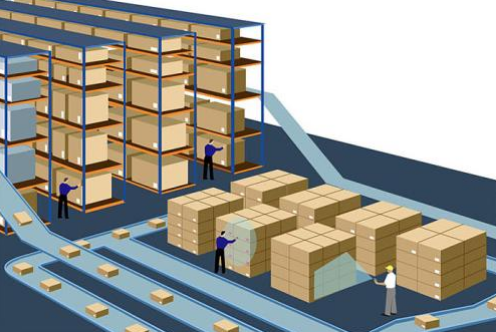1 The impact one Amazon
For FBA sellers, they have sufficient inventory, which is the most benefited seller group in this virus, they are basically not affected by this virus
Self-delivery sellers have been greatly affected by the virus. Especially sellers in the shop-shopping mode cannot deliver in time, so start the holiday mode decisively.
In the supply chain, many factories have postponed the resumption of work, and most factories will start operations in March, which will lead to untimely product supply, but many sellers are now anxious to prepare for the annual prime day, which may be inconvenient .
Logistics, with the gradual control of the virus, logistics and traffic are gradually returning to work, all shipping schedules and ports are also operating normally, but air transport flights are reduced, short-term logistics costs will definitely rise, here, solemnly rumor, the United States does not prohibit Receipt and delivery. Therefore, as long as it can be sent to the United States, FBA warehouses can be received normally.
2. What can we do during the virus
1. Eliminate inventory. During the virus , the products in good-selling stores will face out of stock, but the indicators of their own slow-moving products will soon rise, which will help us clear our inventory. Sellers can increase the exposure and clicks of slow-moving products through advertising.
2. Hot products. Out of stock is a problem that many sellers will face during this time. In order to prevent out of stock, you can increase prices in stages.
3. Selection. This time is a great time for everyone to meditate. For example, looking at the current situation, the concept of health is becoming more and more popular. Therefore, health categories such as fitness equipment may be a good idea for product selection.
4. Order with the factory in advance. Before the factory starts, it is necessary to make an appointment with the factory in advance for product production scheduling, so that you can also catch up with prime day.


